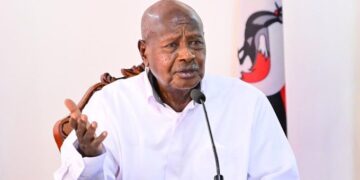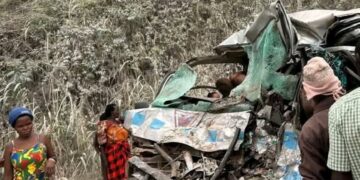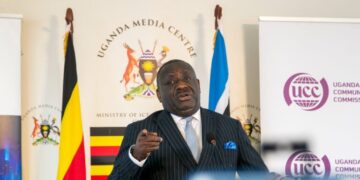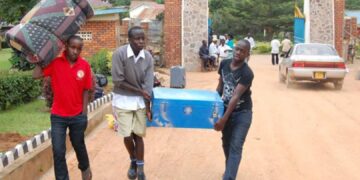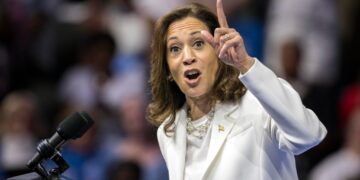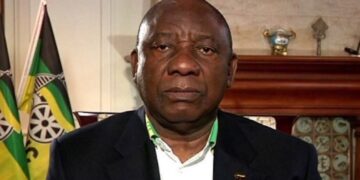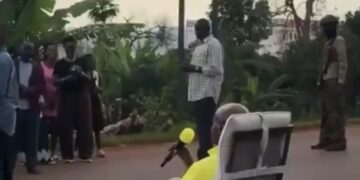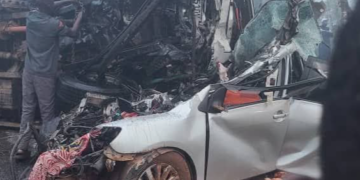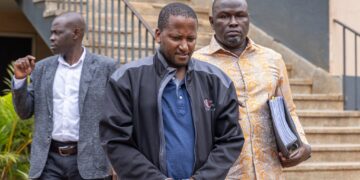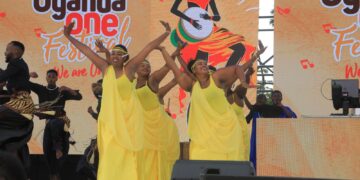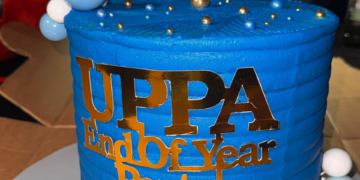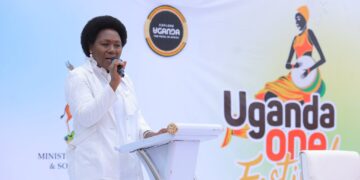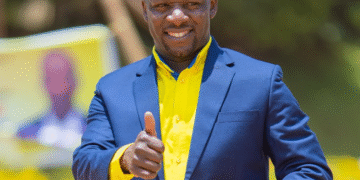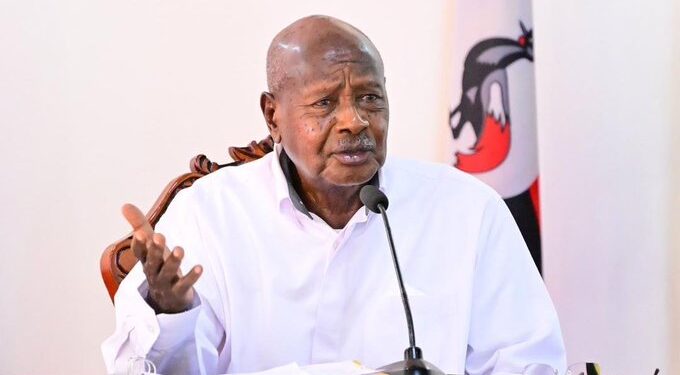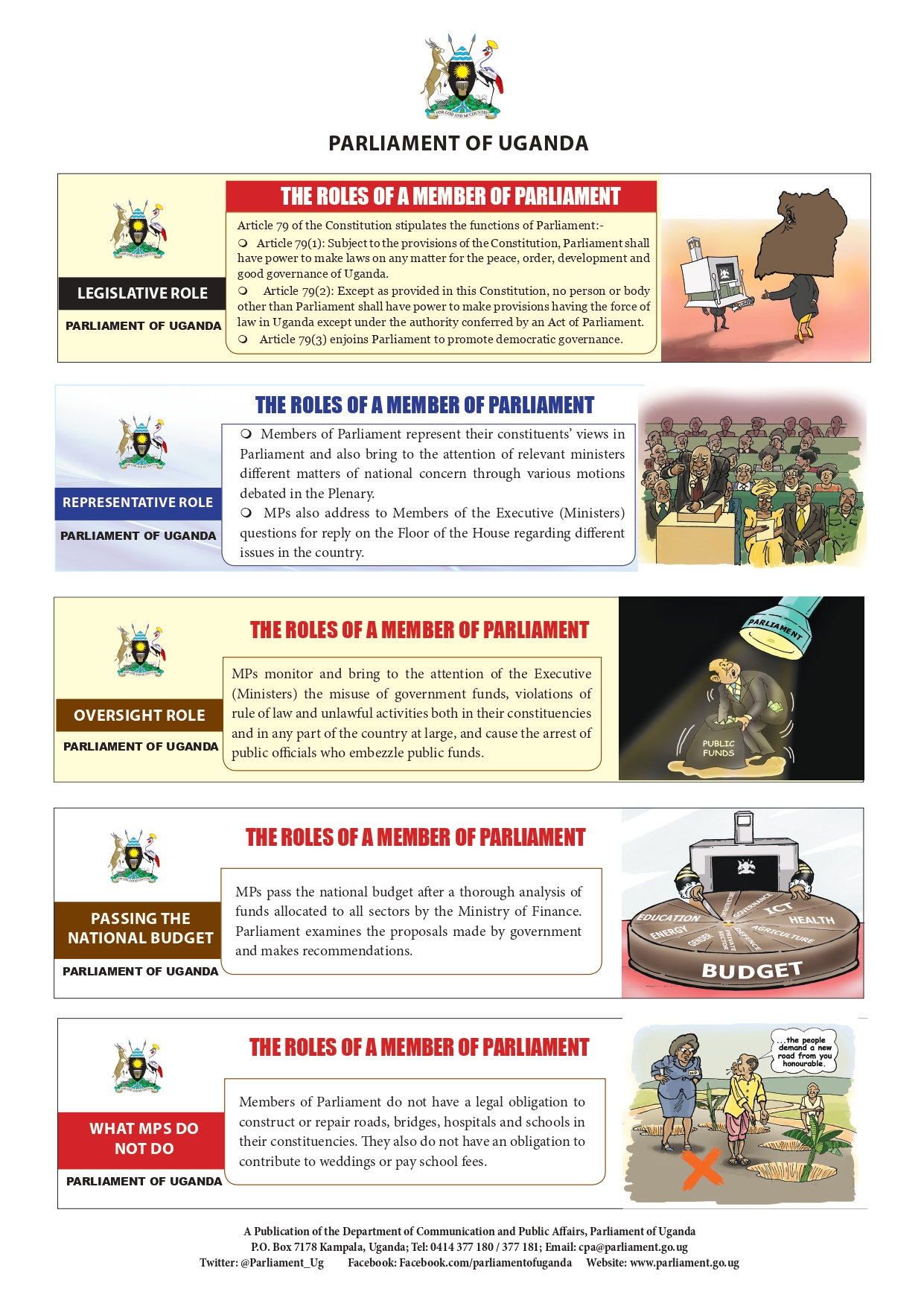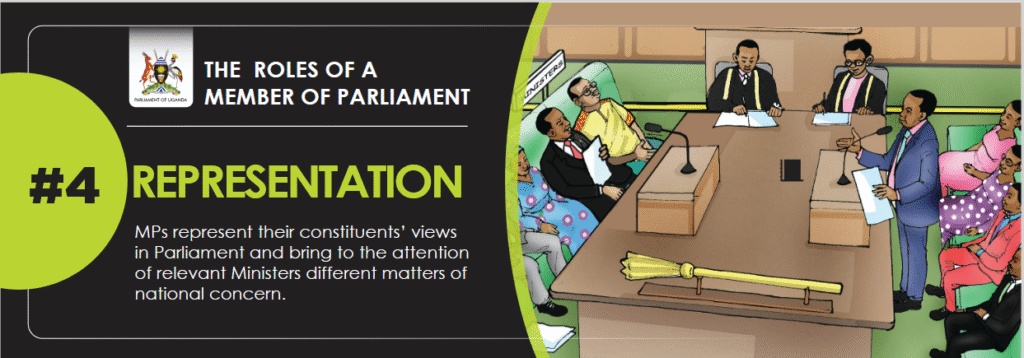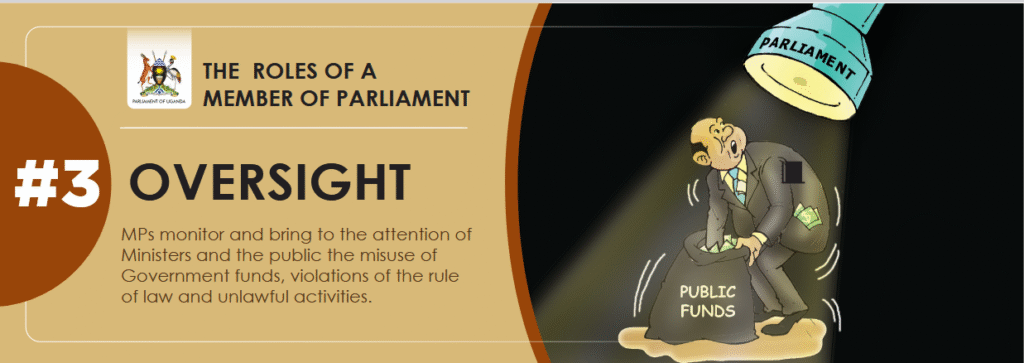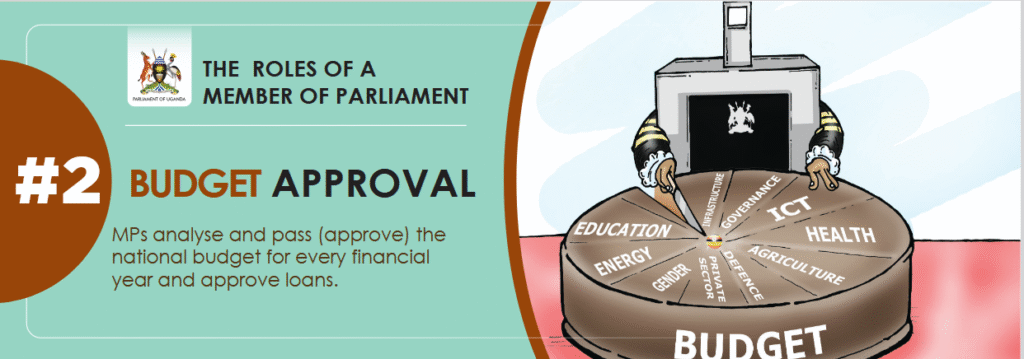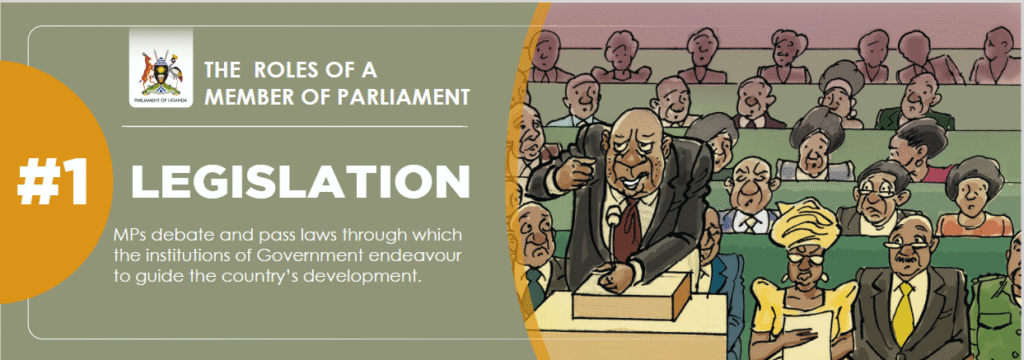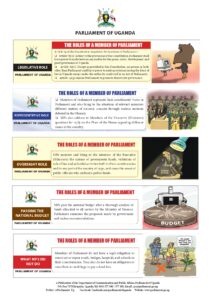KAMPALA, UGANDA 26 July 2025 – President Yoweri Museveni has strongly refuted claims linking his practice of giving “brown envelopes” to bribery, particularly in the context of recent National Resistance Movement (NRM) primaries that have been marred by allegations of corruption.
In a detailed statement issued today, President Museveni addressed what he described as a “much more peaceful and fraud-free” set of NRM Primaries for LC-Vs, Mayors, and Councillors held on Thursday, July 24, 2025, following earlier primaries for MPs on July 17, 2025, which saw significant anti-crime actions. The President’s statement comes amidst a public discussion, sparked by a TV panel involving Hon Muwanga Kivumbi, who reportedly suggested that those bribing voters were “copying the example of Museveni who normally gives the brown envelope.”

Museveni vehemently rejected this parallel, clarifying the nature of his “brown envelope” disbursements. He stated, “Hon. Kivumbi, the brown envelope Museveni gives to musicians and such cases is called Kurongoora (rewarding people for some work done). That brown envelope is a glorious one. It is the official envelope of the Republic of Uganda, given by the President of Uganda to deserving People that have done something that is of interest- farming, singing or very elderly People I meet on the road.”
He further elaborated on a specific instance, mentioning, “I gave sh.5 million to a large group, maybe 50, of Bwola dancers in Patongo recently, with their Ostrich feathers head-dress and very elaborate dance that takes a lot of preparation. How can a reward for performance be a bribe?” He questioned why bursaries for good academic performers or medals for athletes aren’t considered bribes, asserting that “awards or rewards are, of course, given by authorized People; not everybody gives medals.” The President emphasized that his “Kurongoora” to dancers and others is done in his capacity as President, “visiting Patongo once in three or so years.” He drew a clear distinction between his official acts and private conduct, stating, “When I am a private citizen in Rwakyitura, I will not kurongoora members of the Public.”

He challenged Kivumbi’s comparison directly, “Should Kivumbi copy Museveni and try to Kurongoora dancers with sh. 5million? Not at all.” Museveni highlighted that Kivumbi, as a private citizen, does not have the presidential budget for such gestures. He sarcastically suggested Kivumbi consider a “much more modest figure for Kivuuwa dancers, like what People give as offertory in the Church.”
Museveni also made a point about the source of such funds, stating, “Maybe Kivumbi would prefer that I put that money for Public donations in a private bank account abroad. Unfortunately, for Kivumbi, I do not have such accounts.”
The President acknowledged that “the use of money for politics, beyond the legitimate needs of logistics, is in spite of my vision and that of the NRM and our known practices and not because of us.” He attributed the “broadening of participation in the Politics of Uganda (Parliament, etc.), especially after 1996,” to the introduction of “money, fund-raising, allowances, etc.”
He concluded by stressing the need to eradicate such practices, stating, “We have always pointed out the dangers of that practice. If People thought that, that was clever politics, they now, I am sure, see the danger. Let us all work together to eradicate this mistake. We have always castigated it.”
The NRM Primaries have seen significant arrests, with a total of 333 individuals apprehended and 48 charged, including 13 NRM district registrars, for primarily “altering the results” and other “mistake-makers such as those who bribed voters.”
The President’s statement reaffirms his stance against electoral malpractice while strongly defending his long-standing practice of publicly rewarding individuals for their contributions.
